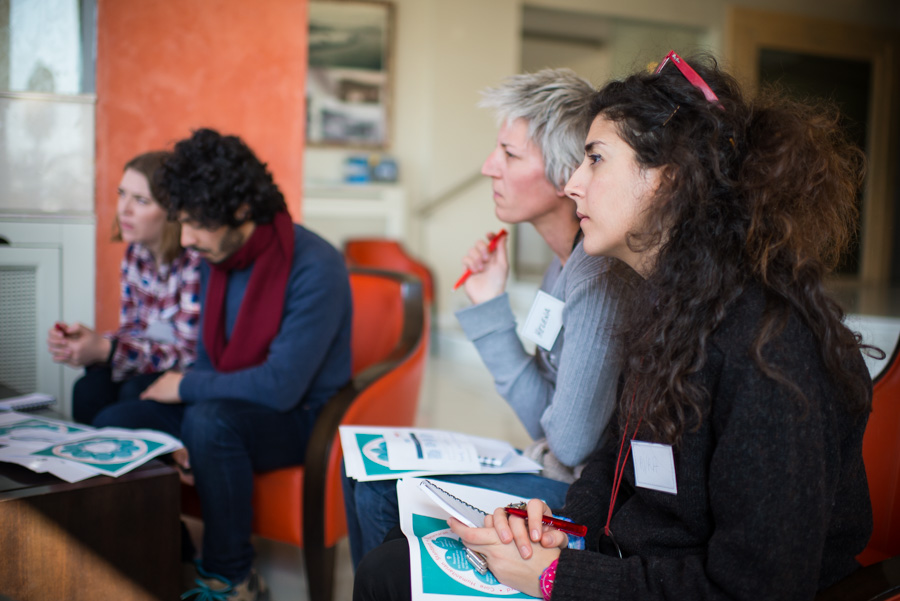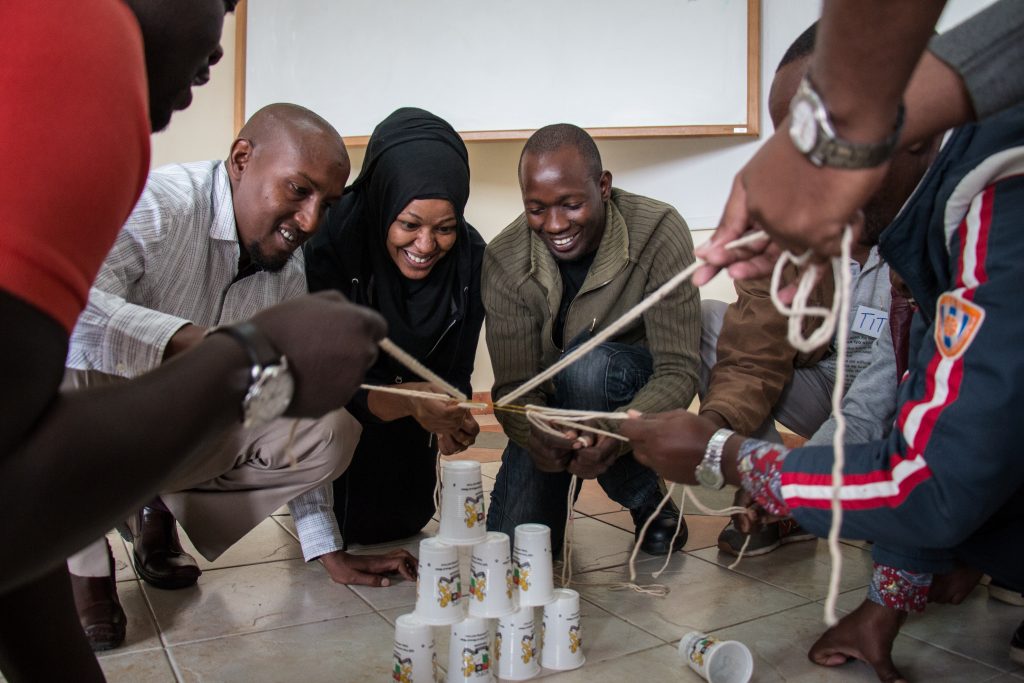Shaping the future: Our strategy for research and innovation in humanitarian response.

Shaping the future: Our strategy for research and innovation in humanitarian response.


How best to evaluate the outcomes of humanitarian training is a long-standing debate among training providers. Most, including RedR, use Kirkpatrick’s 4-level model:
It is easy and very common to collect information at the end of a learning event to understand participants’ reaction, but measuring outcomes beyond level 1 is difficult, particularly for external training providers who have only a short term relationship with the learner. Knowing what is happening beyond level 1 is necessary, though, to improve training provision and fulfil donor requirements. Existing methods rely on pre/post testing which is time and resource intensive, and not always appropriate for short and behavioural focused courses.
In response to these challenges, in 2015 RedR carried out a review of its training impact and in 2016, it partnered with the University of Sussex to extend this research, with a particular focus on how impact measures can be built into training design and delivery. As a result, we published a recommendation paper that identifies innovative methodologies to increase the impact of training on its participants and new ways to measure this more accurately and efficiently (Robertson and Schwittay, 2016).

Now, with support from the HIF, we will be further exploring three types of methodology: 1. role playing/simulation and their video capture, 2. reflective practices, 3. ongoing engagement. These methodologies will be prototyped through conversations with trainers and other training providers and then trialled at RedR training interventions in three regions (Europe, South Asia and Latin America) to gain user feedback.
We hope that this process will enable us to identify ways in which to more effectively capture information about participants’ level of learning, behaviour change and broader results after taking part in humanitarian capacity building.
Furthermore, beyond just gathering the data, we believe that some methodologies have the potential to support and increase learning and behaviour change during a capacity building intervention.
Our findings will be shared in Spring 2018 for consultation with other training providers, and rolled out throughout RedR and our network.
Top image: RedR Refugee Response training, course participants, Lesbos. Credit Amy Murrell


 Please upgrade your browser
Please upgrade your browser
You are seeing this because you are using a browser that is not supported. The Elrha website is built using modern technology and standards. We recommend upgrading your browser with one of the following to properly view our website:
Windows MacPlease note that this is not an exhaustive list of browsers. We also do not intend to recommend a particular manufacturer's browser over another's; only to suggest upgrading to a browser version that is compliant with current standards to give you the best and most secure browsing experience.